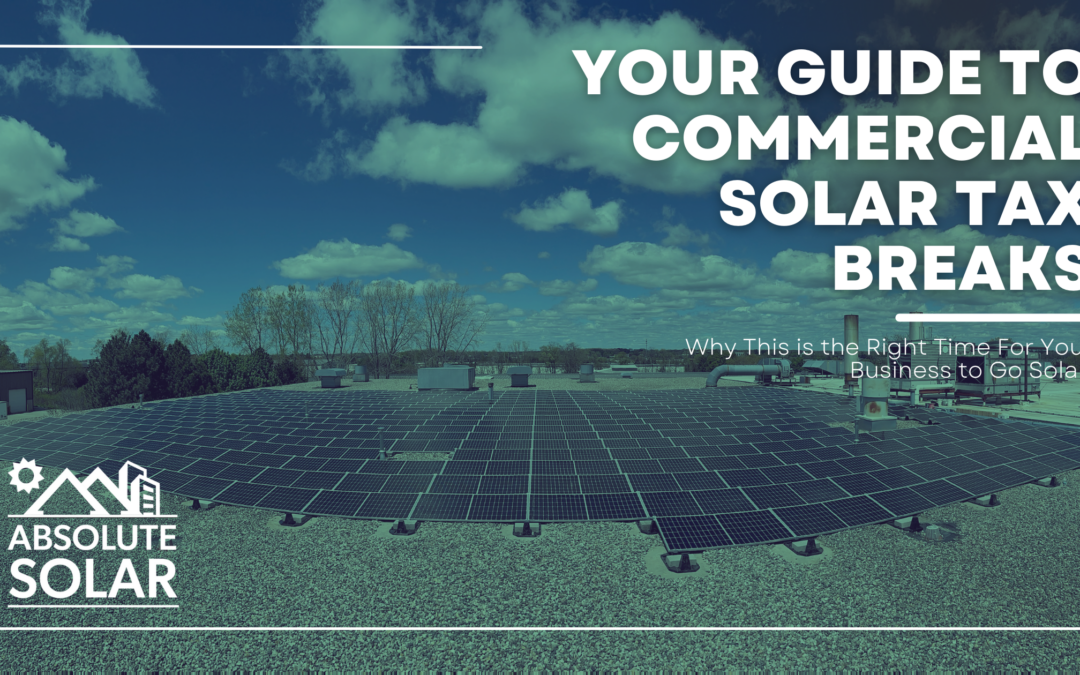Why This is the Right Time For Your Business to Go Solar
Going green has gone mainstream.
The pressure to adopt sustainable business practices has touched nearly every industry. According to BusinessWire, 85% of people indicate that they have shifted their purchase behavior towards being more sustainable in the past 5 years. Your customers — and, by extension, your competitors — are paying attention to the steps your business is taking to reduce and offset your carbon footprint. This global paradigm shift means that businesses of all sizes need to adjust now to stay competitive and meet the rising standards of their consumers.
But it’s not just about building credibility with the masses. Installing solar panels can reap decades-long dividends for your business. Solar panels can help your business save thousands on energy costs and help protect you from guaranteed future price hikes in electricity from traditional energy sources. Plus, once installed, solar panels require very little upkeep and maintenance.
Thanks to recent federal and state tax incentives, it’s easier than ever for Michigan businesses to install solar panels on their commercial properties. Depending on your unique situation, your business could be eligible for tax credits equivalent to 30-60% of the total cost of solar panel installation.
Which Solar Tax Credits is My Business Eligible For?
Last summer, Congress passed the Inflation Reduction Act, which provides a multitude of clean energy incentives including a Solar Panel Tax Credit for residential and commercial properties. This tax credit gives business owners a tax break equal to 30% of the total costs of their solar panel installation.
But unlike the equivalent tax break for residential properties, business owners are eligible for bonus tax credits. Businesses that source all of the steel or iron components of their solar panels as well as a “required percentage” of the total costs of the manufactured products in the United States are eligible for an additional 10% tax credit. (The “required percentage” of manufactured products starts at 40% for all projects beginning construction before 2025 and increases incrementally until 2026.)
In addition, some business owners may be eligible for an additional 10% tax credit if their business is located in a low-income community (as defined by the New Markets Tax Credit), or an additional 20% if the property is a qualified low-income residential building project or economic benefit project.
Solar panels are considered assets of a business and are therefore eligible for depreciation deductions. Business owners may use a combination of bonus depreciation and the standard Modified Accelerated Cost Recovery System (MACRS) to write off the cost of the solar panel. If your business installed a solar panel between January 1, 2018, and December 31, 2022, you can claim a 100% bonus depreciation. Beginning in 2023, the percentage drops 20% per year (80% in 2023, 60% in 2024) until the provision drops to 0% in 2027.
If your business is located in the state of Michigan, your business may also be eligible for property tax exemption under SB 1105. Lastly, it would be beneficial to reach out to your power supplier and/or local municipality to see if there are any local incentives your business could be taking advantage of.
What Does the Commercial Solar Tax Credit Cover?
The new federal solar tax credit for businesses covers nearly all components associated with solar panel installation. This includes the panels themselves, inverters, racks and balancing equipment, transformers, circuit breakers, surge arrestors, as well as the sales and use tax on the equipment.
In addition, the tax credit can also be applied to updates for existing, out-of-date electrical panels with a new solar panel installation. If your facility’s electrical system is too old, it may be unsafe to send power to, or you may simply not have enough breaker space. As long as the upgrades are required for the safe completion of the solar panel install, they can be included in the project total that’s eligible for the tax break.
The tax credit also covers the cost of solar storage batteries on new or existing solar panels. If your business purchased solar panels prior to the Inflation Reduction Act tax credits, consider using the 30% return to upgrade your system and purchase a solar storage battery to help store the excess energy your panels generate for future use. This reduces the need to supplement solar power with energy from the grid and can help your business maintain power during a power outage.
Overall, installing solar panels for your business boosts your commercial property value. Though it can be challenging to quantify the benefits on the commercial side, businesses typically see a fast and efficient return on investment. Taking the time to upgrade old electrical systems and taking advantage of new energy savings on your solar panels create avenues for immediate and long-term cost savings for your business. As our nation looks to transition our grid to more sustainable energy sources, solar panels can “future-proof” your business and property, making it a more attractive opportunity for future potential buyers.
For additional guidance on how to use the commercial tax credit for building integrated solar panels (such as solar roof shingles), consult this helpful guide from the United States Department of Energy and your commercial tax professional.
How long will this tax credit last?
Commercial solar panels installed between 2022 and 2033 are eligible for the 30% tax credit, provided they meet the requirements laid out by the Inflation Reduction Act, the labor requirements stipulated by the United States Labor Department. Unused tax credits related to a commercial solar panel project may be carried back three years and forward 22 years for projects placed in service in 2023 or later (projects placed in service before 2023 can carry the tax credits back one year and forward 20 years).
What are my next steps?
Don’t miss this great opportunity for your business! Contact our Absolute Solar team today to learn more on how you take advantage of federal and state tax credits to bring your business into the future of sustainability.
This material has been prepared for informational purposes only, and is not intended to provide, and should not be relied on for, tax, legal or accounting advice. You should consult your own tax, legal and accounting advisors before engaging in any transaction.

